Fascinating facts about the British Empire
The British Empire, at its height, was the largest empire in history, encompassing vast territories across the globe. Its legacy is complex, leaving behind a mix of influence, innovation, and cultural exchange. While the empire is often criticized for its colonial practices, it also contributed to the global spread of technology, language, and governance systems. Understanding this legacy helps us to comprehend the interconnected world we live in today.
The Sun Never Set: Understanding the Empire’s Global Reach
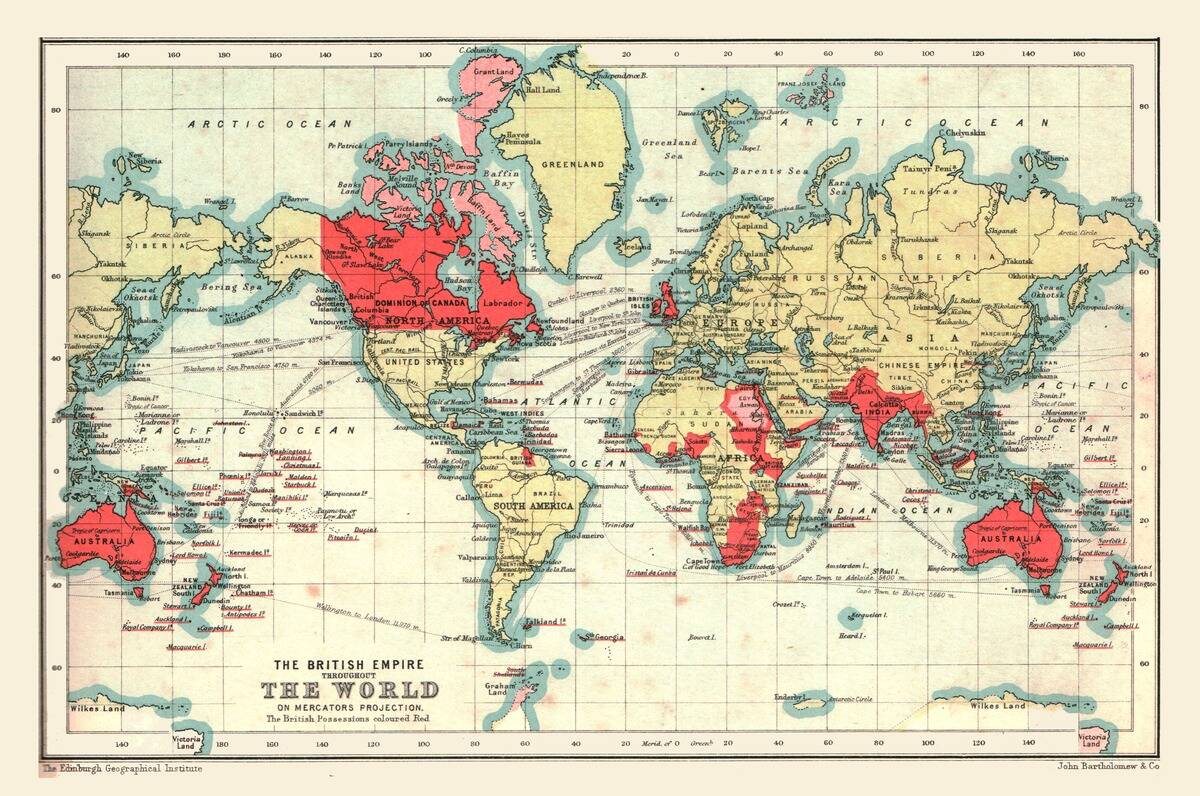
The phrase “the sun never sets on the British Empire” was more than just a saying; it was a testament to its vastness. At its peak, the empire spanned over 13 million square miles and included territories on every continent. This global reach meant that the empire could leverage resources and trade from far-flung lands, making it a powerhouse of economic and political influence. The sheer scale of this dominion was unprecedented in human history.
From Sea to Shining Sea: The Vast Territories of the British Empire
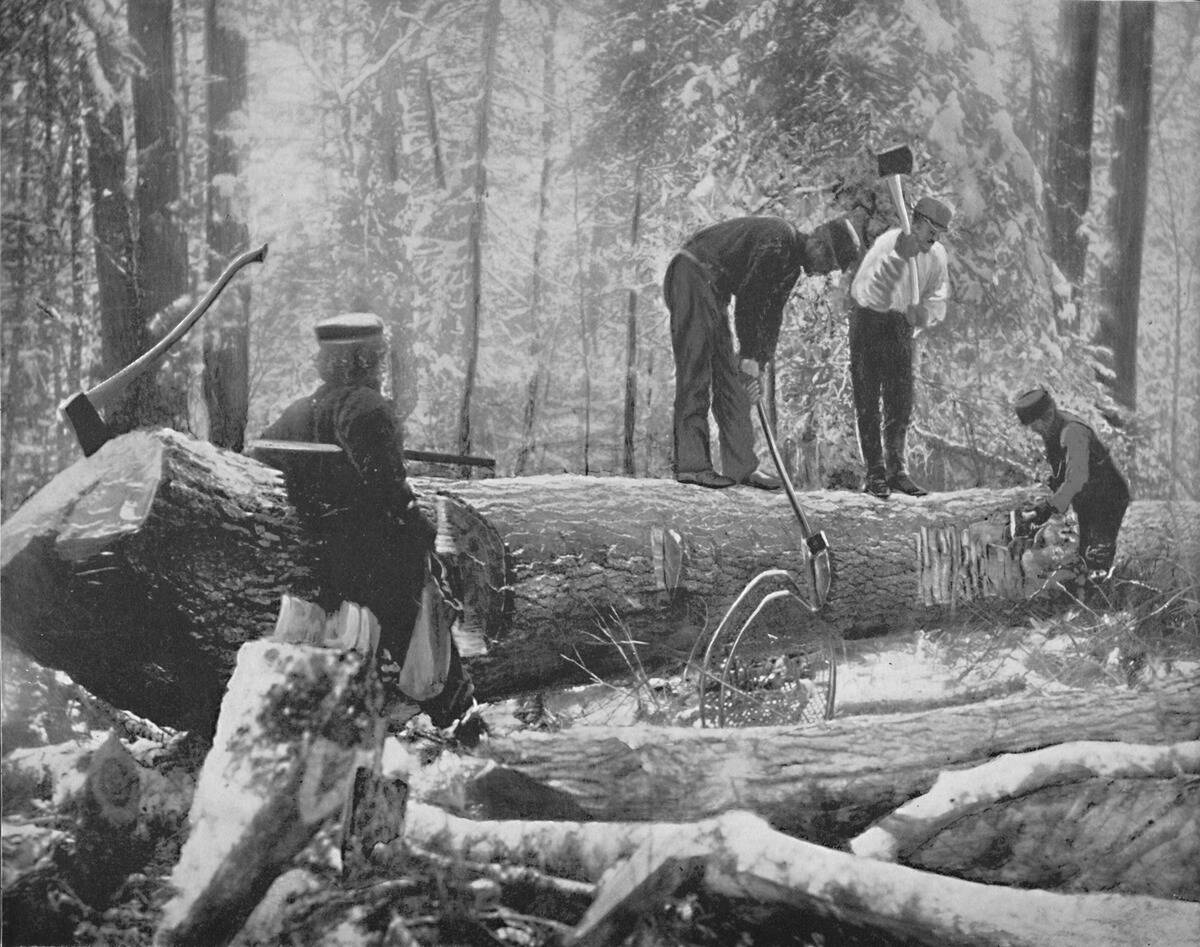
The British Empire’s territories included diverse regions such as Canada, Australia, India, and parts of Africa and the Caribbean. Each of these areas contributed unique resources, from Canada’s timber to India’s spices. The empire’s ability to control such a variety of lands was due, in part, to its naval supremacy and strategic military outposts. This territorial expanse made the British Empire an unparalleled force in global politics and trade.
A Tale of Two Cities: London and the Empire’s Administrative Heart
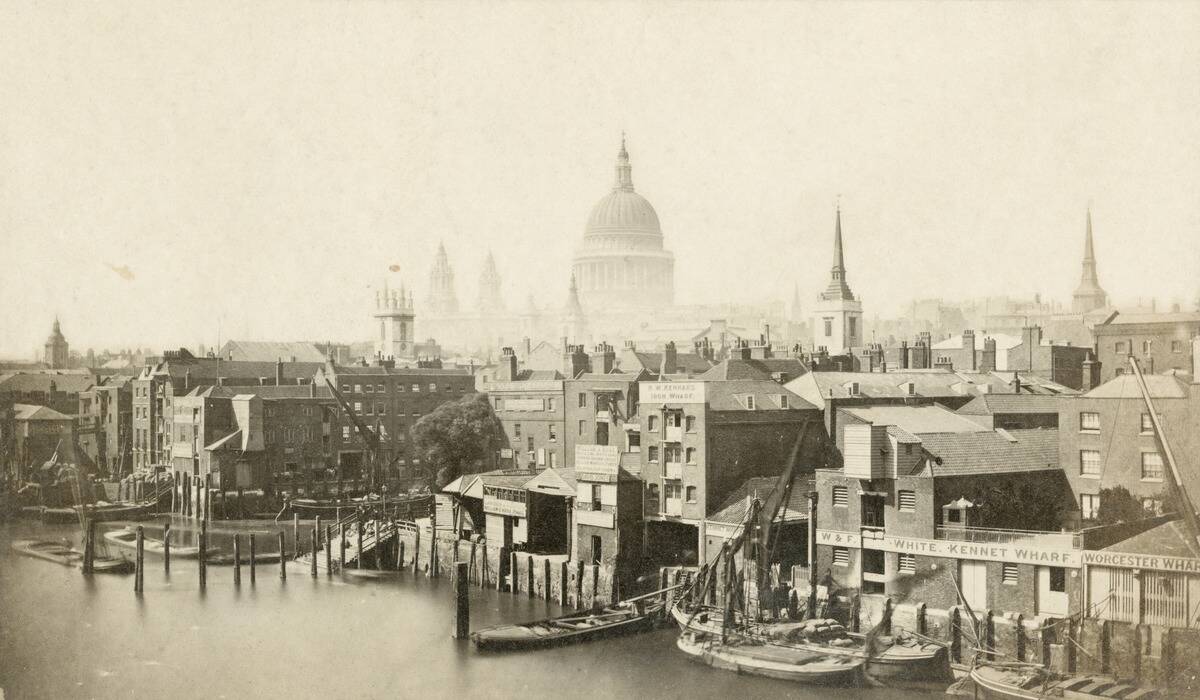
London was the nerve center of the British Empire, bustling with government officials, merchants, and diplomats. From this city, decisions impacting distant colonies were made, demonstrating the empire’s centralized power structure. Meanwhile, cities like Calcutta and Hong Kong became administrative hubs in their respective regions, facilitating local governance. This duality of central and regional administration was key to maintaining the empire’s complex operations.
The Jewel in the Crown: India’s Role in the Empire
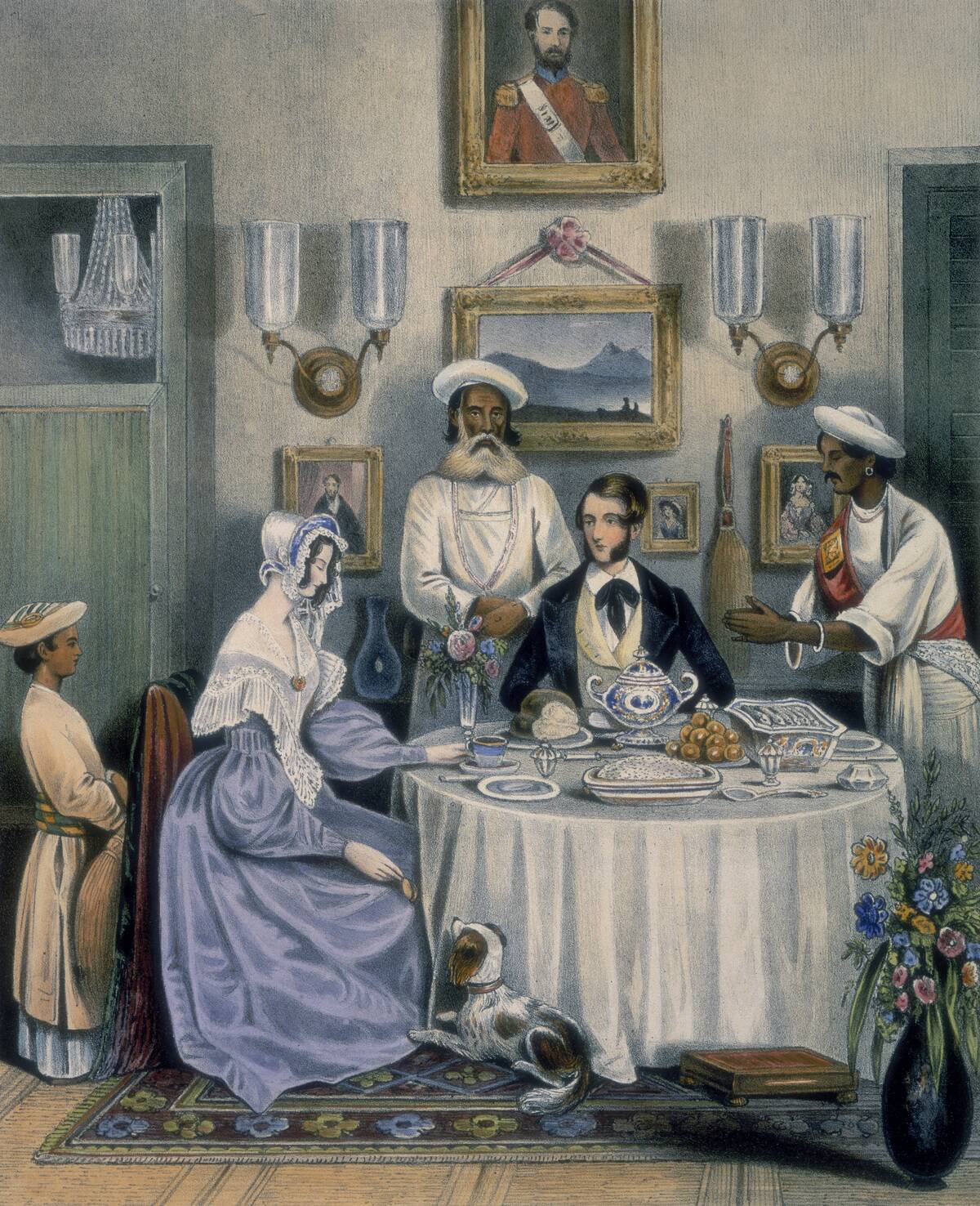
India was often referred to as the “jewel in the crown” of the British Empire due to its immense economic value. The subcontinent was rich in resources like cotton, tea, and spices, which were highly sought after in Europe. Additionally, India provided a large market for British manufactured goods, boosting the empire’s economy. The significance of India was such that it became a focal point for British investments and political strategy.
The Spice Trade: How Exotic Flavors Fueled Expansion

The British Empire’s expansion was partially driven by the lucrative spice trade. Spices like pepper, cinnamon, and nutmeg were highly prized in Europe, leading the British to establish trade routes and colonies in regions like India and Southeast Asia. This quest for spices not only fueled economic growth but also encouraged cultural exchanges. The influence of these exotic flavors can still be seen in British cuisine today, where dishes like curry have become staples.
The Language that Conquered: English as a Lingua Franca
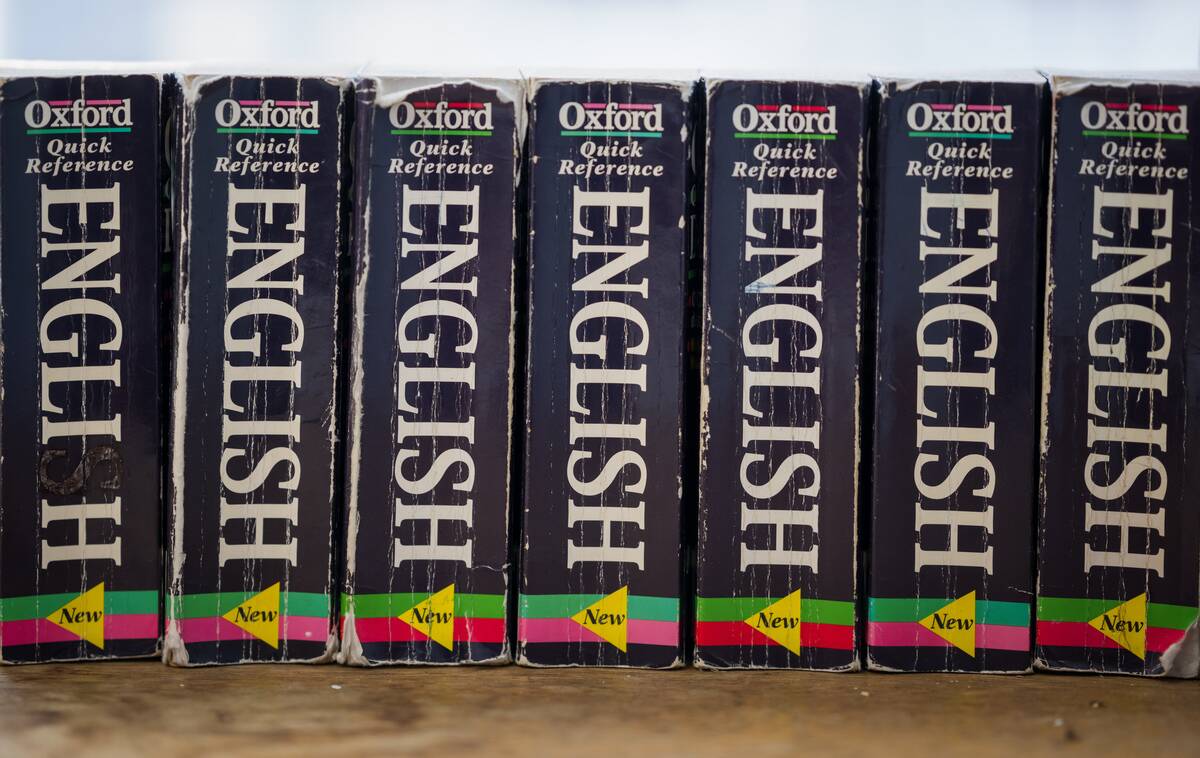
As the British Empire expanded, so did the English language, becoming a global lingua franca. English was used in administration, education, and trade across the empire, facilitating communication between diverse cultures. Today, English remains a dominant language worldwide, spoken by over 1.5 billion people. Its spread is a lasting legacy of the British Empire, influencing global business, media, and international diplomacy.
Redcoats and Blue Waters: The British Navy’s Dominance
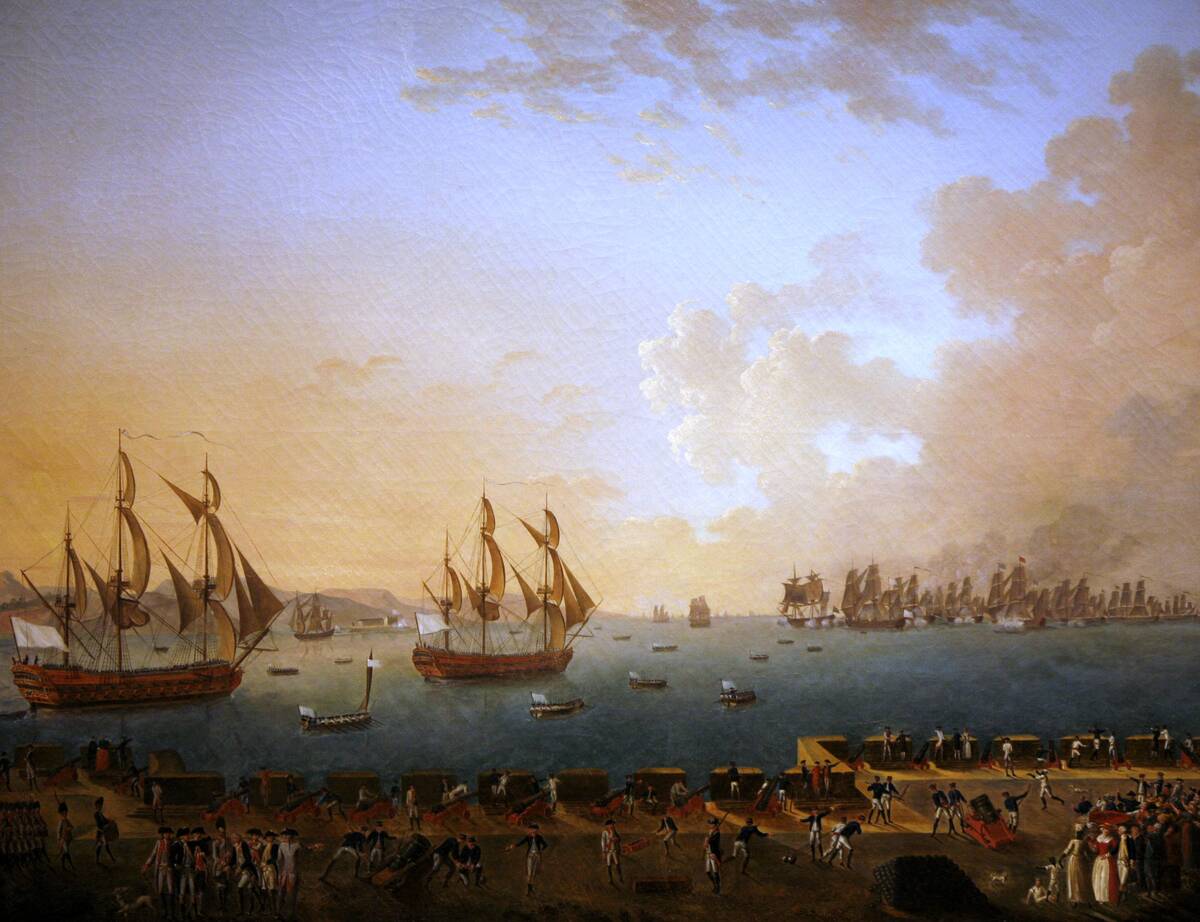
The British Navy was a critical component of the empire’s success, often described as “ruling the waves.” Its naval dominance allowed Britain to protect its trade routes and colonies, contributing to its status as a global superpower. From the defeat of the Spanish Armada in 1588 to the Napoleonic Wars, Britain’s naval prowess was unmatched. This maritime strength enabled the empire to project power across the globe and secure its interests.
The Industrial Revolution: Powering the Empire’s Growth
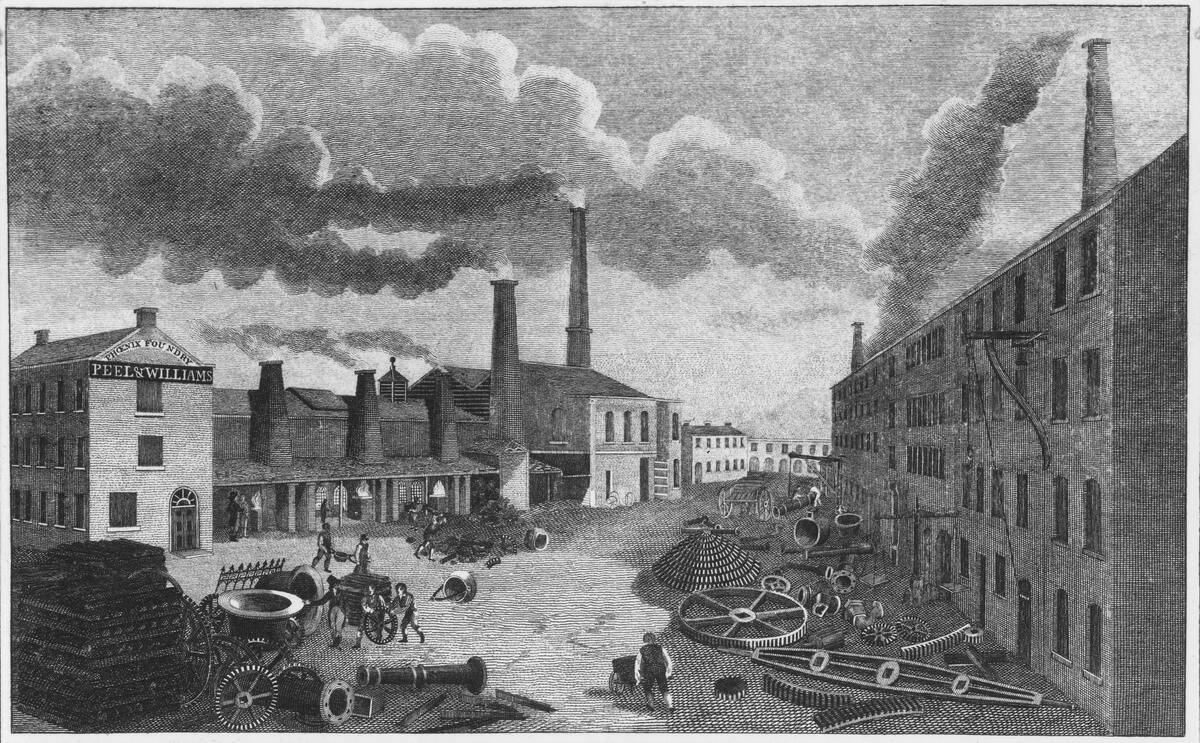
The Industrial Revolution was a driving force behind the British Empire’s expansion, providing technological advancements that fueled economic growth. Innovations in textile manufacturing, steam power, and transportation allowed Britain to produce goods on an unprecedented scale. This industrial might enabled the empire to dominate global trade and finance, further cementing its influence. The revolution not only transformed Britain but also had a profound impact on the world.
The Commonwealth Connection: A Legacy of Unity
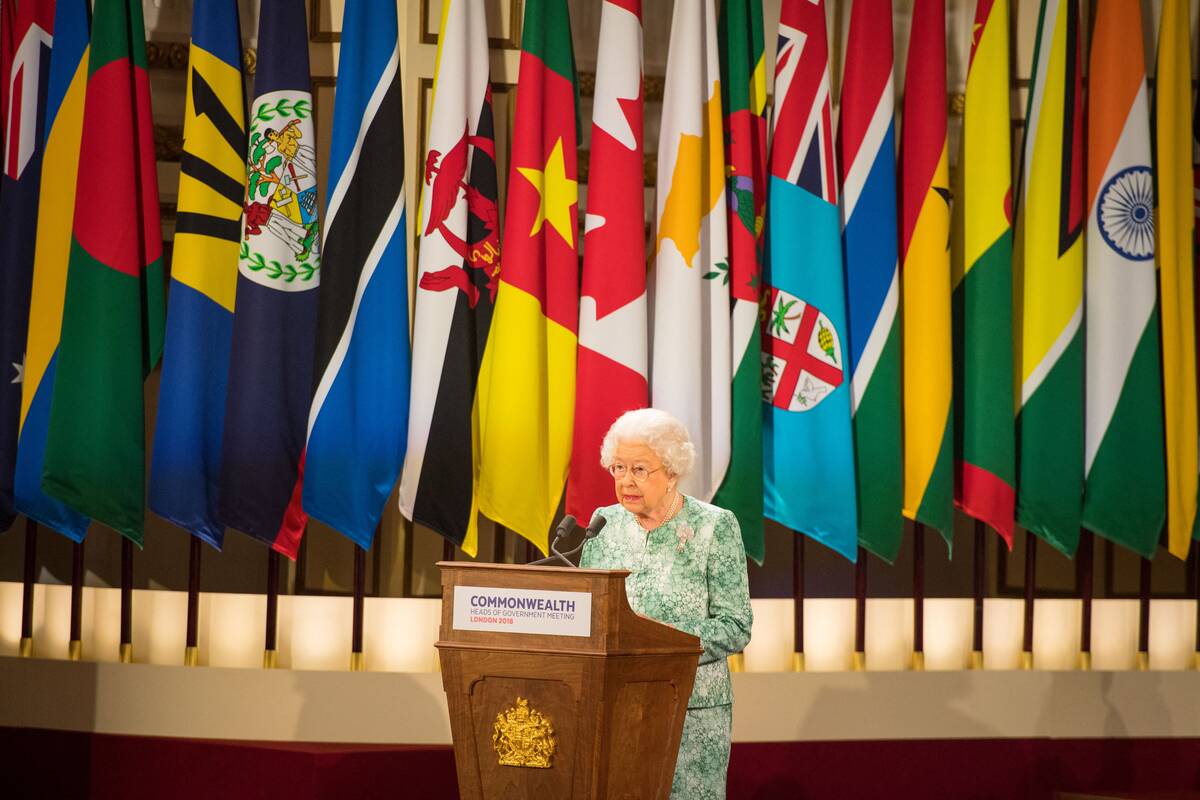
The British Empire’s legacy continues through the Commonwealth of Nations, a voluntary association of more than 50 independent nations. Established in the mid-20th century, the Commonwealth promotes political, economic, and social cooperation. Despite its colonial origins, the organization emphasizes equal partnership and mutual respect. Today, the Commonwealth fosters cultural exchange and development initiatives, reflecting a shared history while promoting a more equitable future.
The Empire Writes Back: Literary Contributions from the Colonies
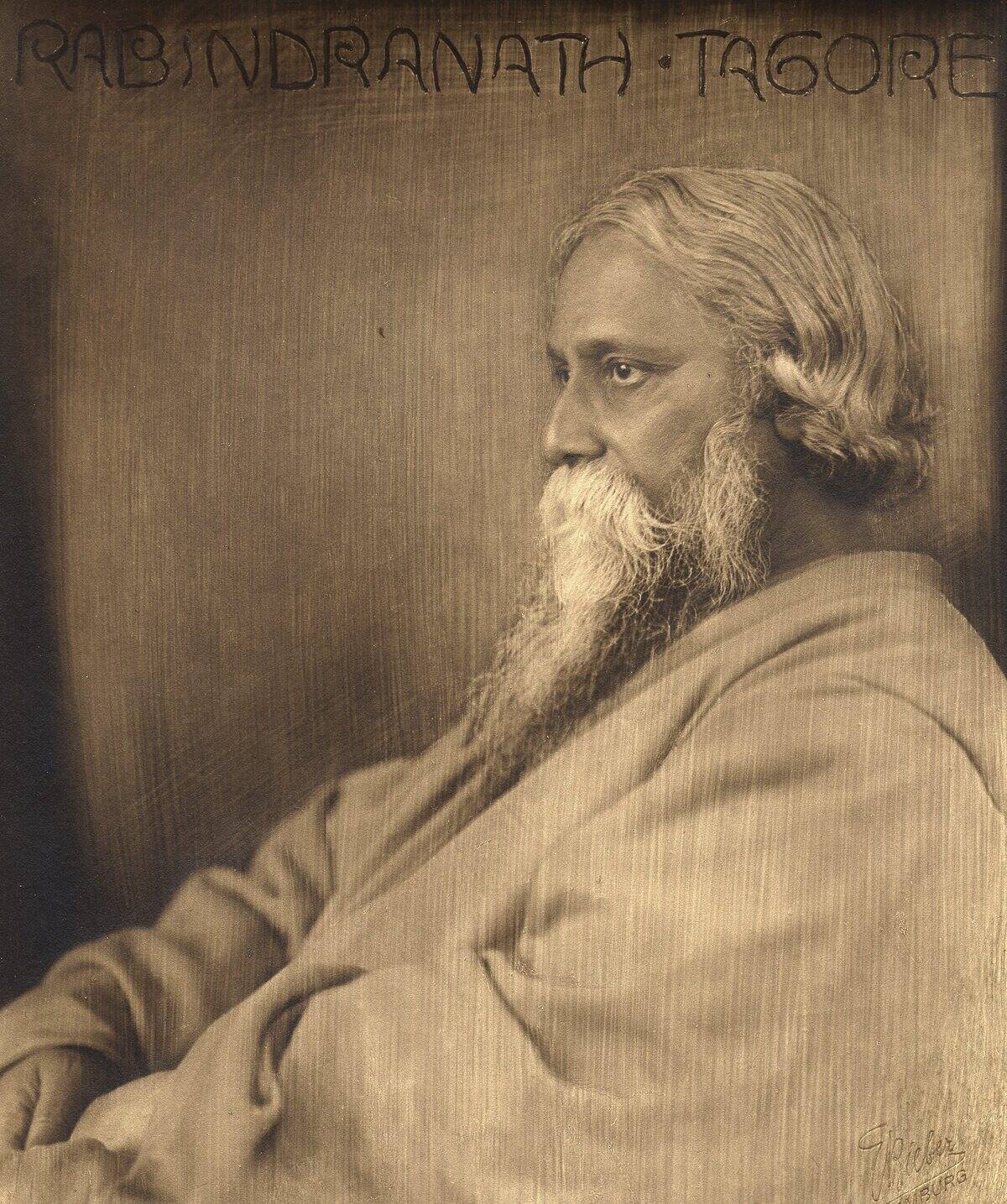
Colonial regions of the British Empire have made significant literary contributions that enriched English literature. Writers like Rabindranath Tagore from India and Chinua Achebe from Nigeria brought unique perspectives and narratives to global audiences. Their works often explored themes of identity, colonialism, and cultural heritage. These literary voices have not only highlighted the complexities of empire but also expanded the horizons of English literature.
The Queen and Her Colonies: Monarchs of the British Empire
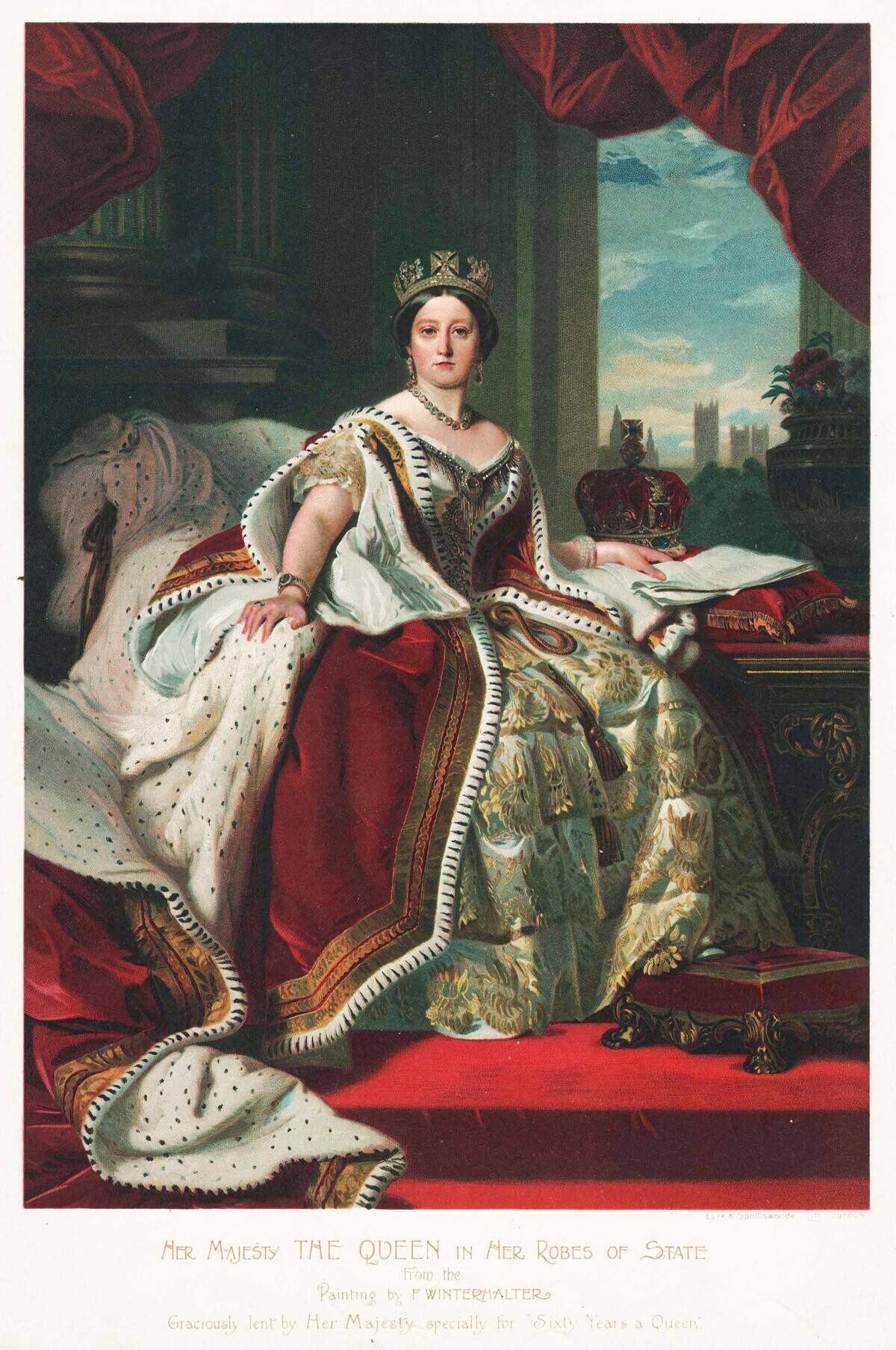
British monarchs played a symbolic role in the empire, serving as a unifying figure across its vast territories. Queen Victoria, for instance, was declared Empress of India, reflecting the empire’s reach. The monarchy often represented stability and continuity, even as colonial policies evolved. Today, the British royal family remains a prominent symbol of historical continuity, with Queen Elizabeth II holding the title of Head of the Commonwealth.
Tea Time: How a Leaf Became an Imperial Staple

Tea became synonymous with British culture, thanks to the empire’s trade networks. Introduced from China, tea gained popularity in Britain during the 17th century and soon became a staple beverage. The British East India Company played a crucial role in the tea trade, establishing plantations in India to meet growing demand. The ritual of afternoon tea became a cherished tradition, symbolizing the empire’s cultural assimilation and global influence.
The Great Exhibition of 1851: Showcasing Imperial Innovation
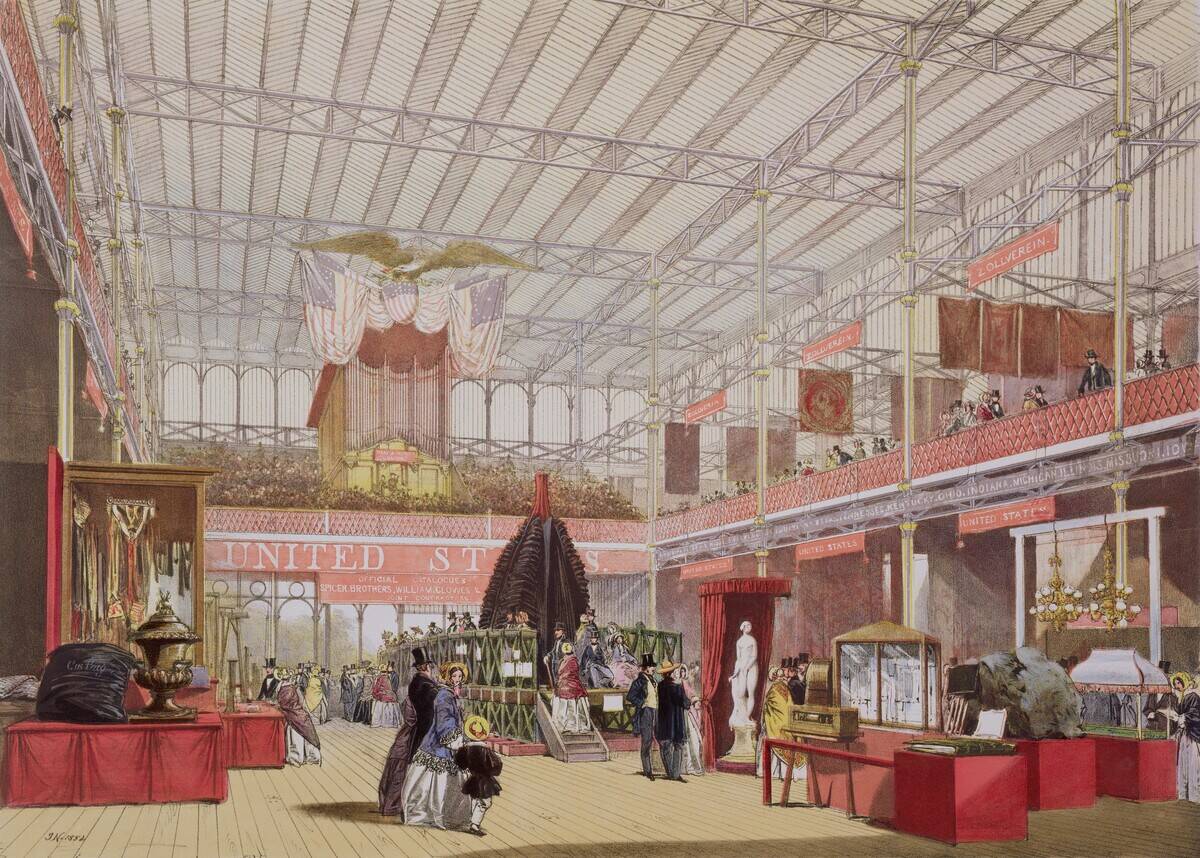
The Great Exhibition of 1851, held in London’s Crystal Palace, was a monumental event highlighting the British Empire’s industrial and cultural achievements. It featured over 100,000 objects from various colonies, showcasing advancements in technology, art, and design. The exhibition attracted millions of visitors and underscored Britain’s role as a leader in innovation. This event also fostered an exchange of ideas, reflecting the interconnectedness of the empire’s diverse regions.
Rule Britannia: The Anthem of an Empire
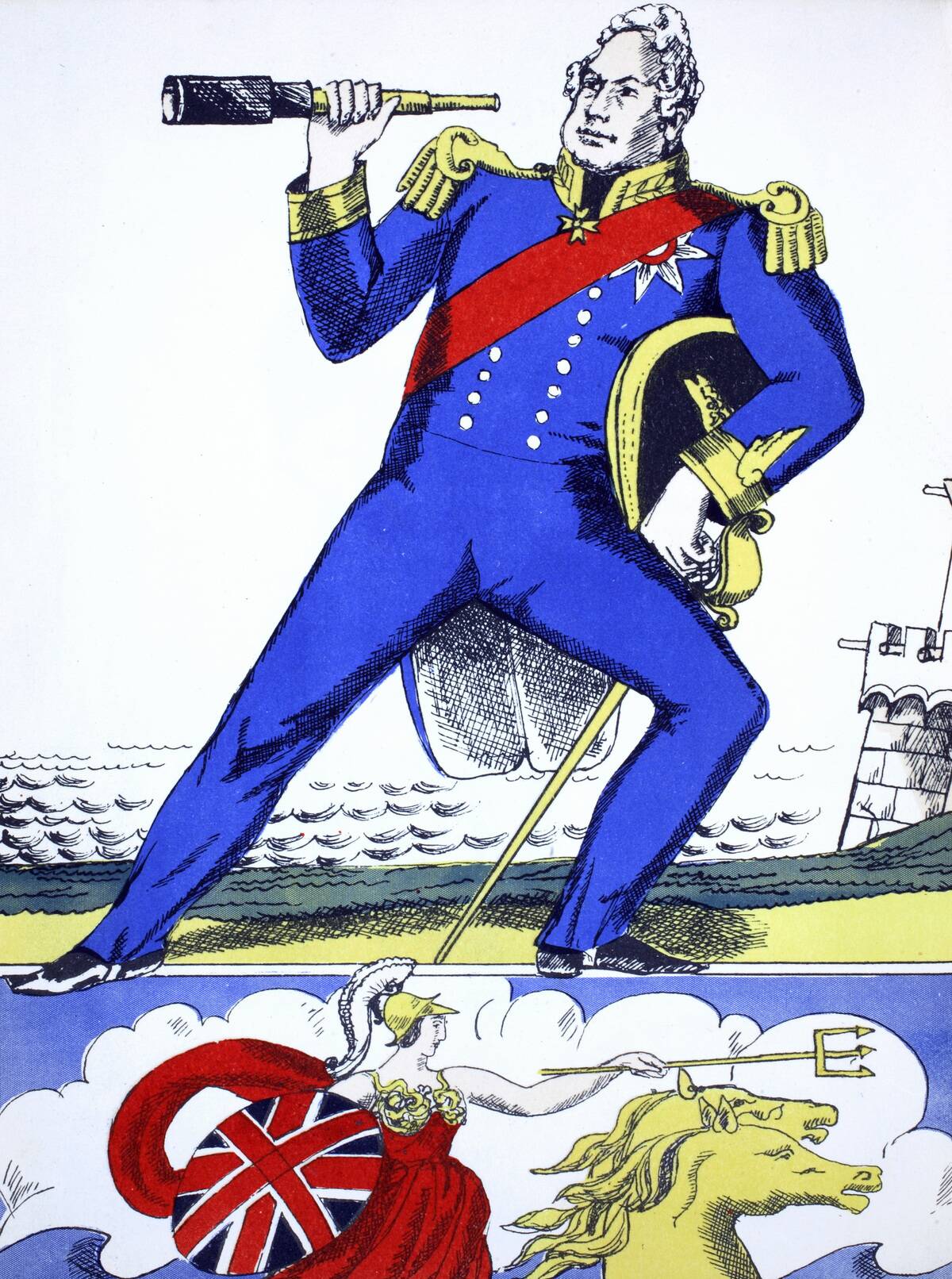
“Rule, Britannia!” became an anthem that encapsulated the spirit of the British Empire. Written in 1740, the song celebrated Britain’s naval prowess and imperial strength. It was often performed at patriotic events and military ceremonies, reinforcing national pride. The anthem’s enduring popularity reflects its role in shaping the empire’s identity, embodying aspirations of dominance and resilience. Even today, it is performed at events like the Last Night of the Proms.
The Influence of the British Empire on Modern Law and Governance

The British Empire’s legal and governance systems have left a lasting impact on former colonies. Many countries have retained elements of British common law, parliamentary systems, and administrative structures. This influence is evident in nations like India, Canada, and Australia, where legal frameworks and democratic institutions reflect British roots. The empire’s legacy in governance continues to shape political systems and legal practices around the world.
The Winds of Change: The Decolonization Process
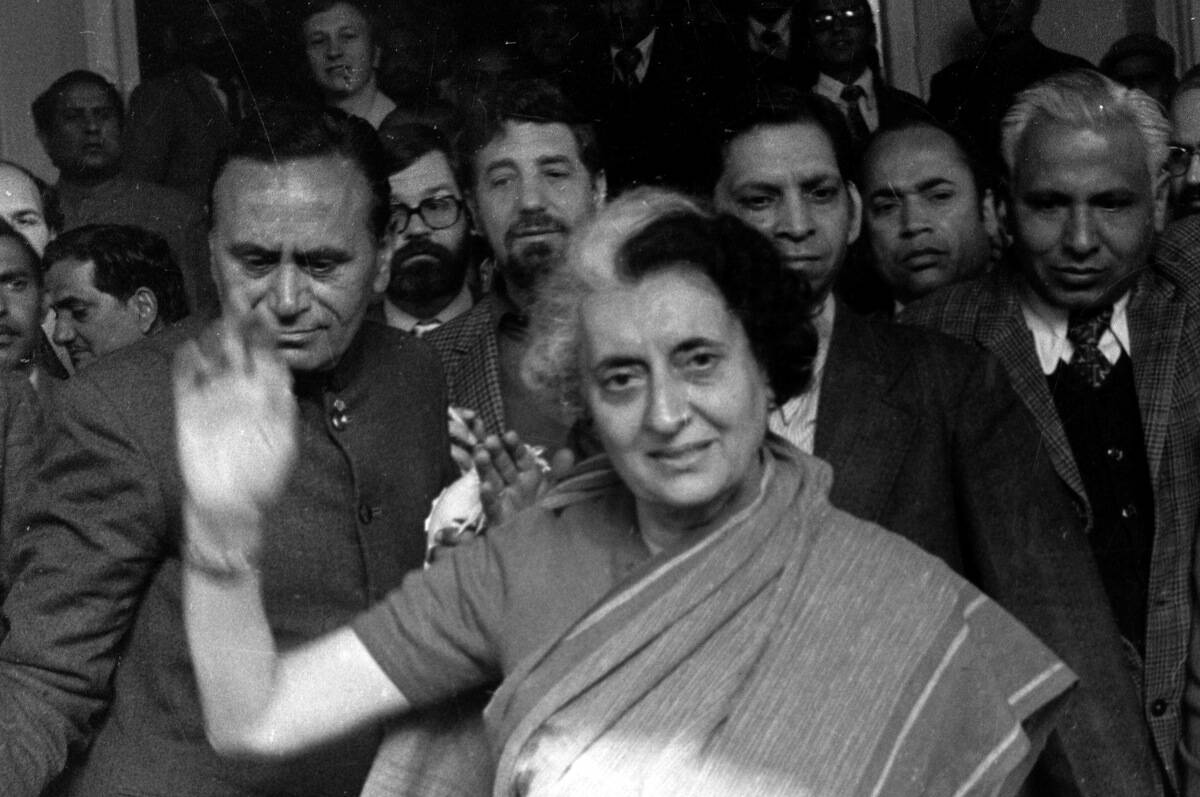
The decolonization process marked the end of the British Empire, as colonies gained independence in the mid-20th century. This transition was often peaceful, though some regions experienced conflict and turmoil. The process reshaped geopolitical landscapes, creating new nations and altering global power dynamics. Decolonization also sparked debates about identity, sovereignty, and the legacy of colonialism, influencing political discourse and international relations.
The British Empire in Pop Culture: Myths and Realities

The British Empire has been a rich source of inspiration for pop culture, depicted in films, literature, and television. From adventurous tales like “The Jungle Book” to historical dramas such as “Victoria,” the empire’s mythos has captivated audiences. However, these portrayals often gloss over the complexities and controversies of colonial rule. Pop culture continues to shape perceptions of the empire, blending fact with fiction and influencing how history is remembered.
The Lasting Impact: How the Empire Shaped Today’s World
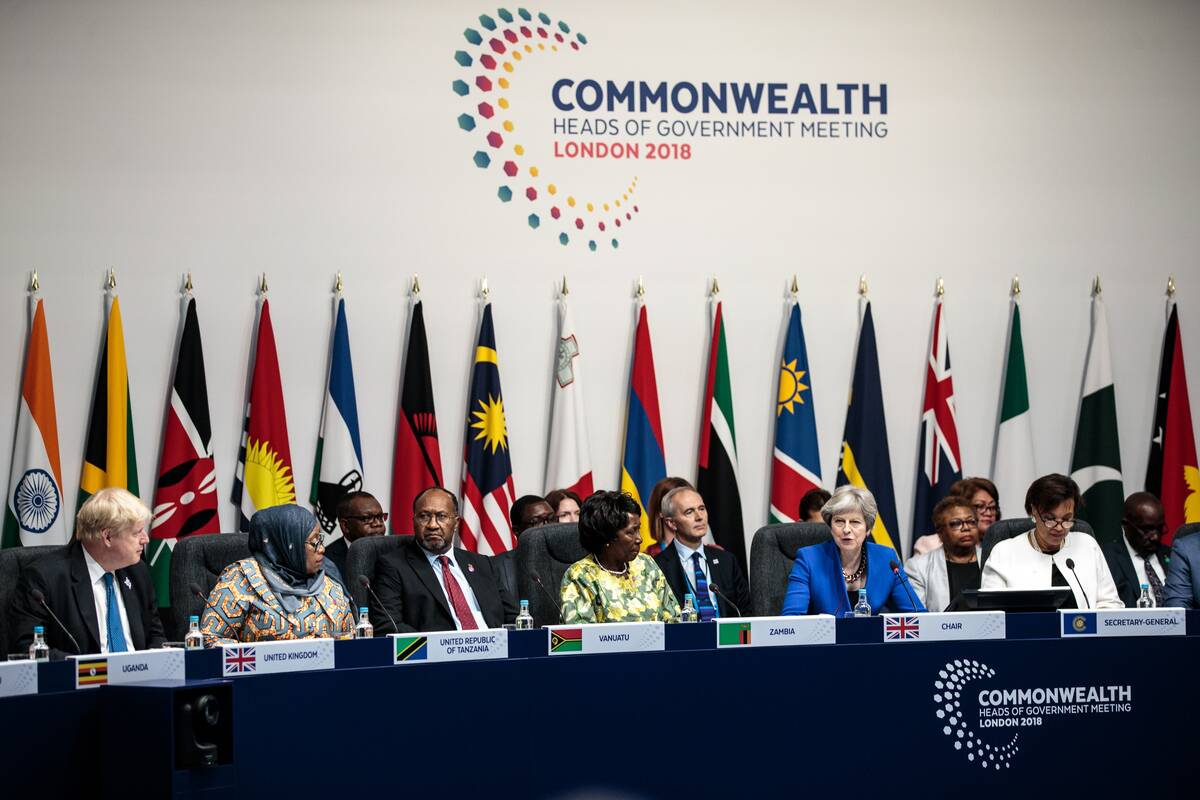
The British Empire’s influence is still felt in today’s global landscape, from language and legal systems to cultural practices and geopolitical alignments. Former colonies have evolved into independent nations, yet the empire’s legacy persists through shared institutions and networks. The Commonwealth, for instance, fosters cooperation among its member states. Understanding the empire’s impact on modern society helps us appreciate the interconnectedness of our world and the historical forces that shaped it.



